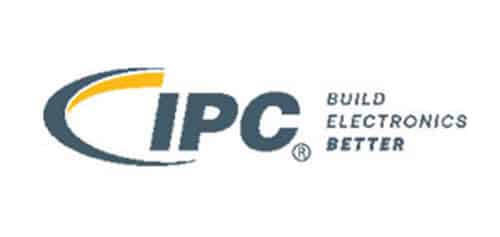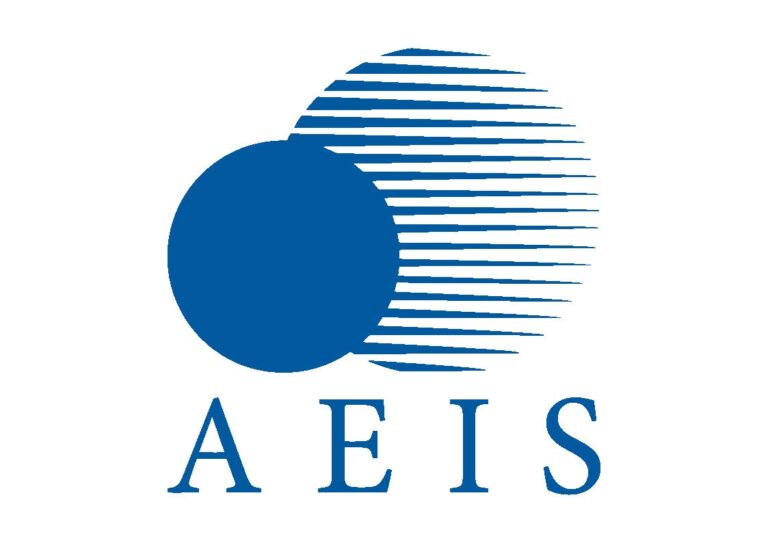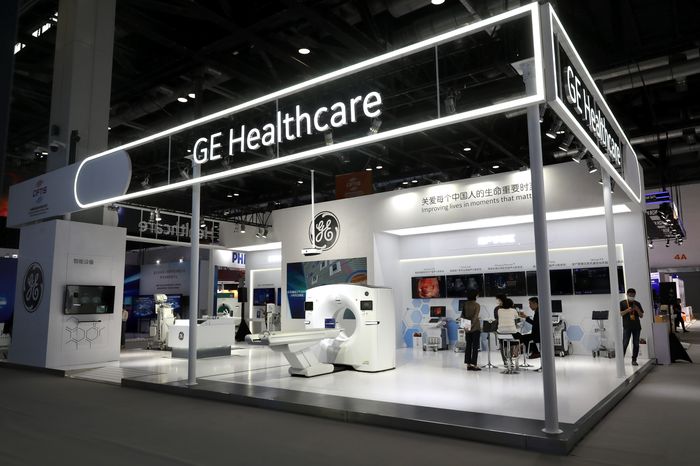GE HealthCare (Nasdaq: GEHC) has inked a $44 million contract with the Biomedical Advanced Research and Development Authority (BARDA), a division of the Administration for Strategic Preparedness and Response (ASPR) within the U.S. Department of Health and Human Services (HHS). The collaboration aims to develop and obtain regulatory clearance for advanced point-of-care ultrasound technology integrated with new artificial intelligence (AI) applications. This joint initiative seeks to assist healthcare professionals in swiftly diagnosing and treating patients with traumatic injuries to the abdomen, chest, and head, as well as lung pathologies.
Trauma remains a significant cause of mortality in the United States, placing a substantial burden on healthcare systems and society. Timely and appropriate care significantly influences the survival rates of trauma patients. Detecting injuries promptly and triaging patients effectively are pivotal aspects of successful patient care and resource management, both in routine situations and during mass casualty incidents. Technologies that expedite care, especially those incorporating detection, evaluation, and decision-assist capabilities, have the potential to enhance patients’ chances of survival.
“Point-of-care ultrasound is an essential tool in emergency situations to help clinicians quickly get the answers they need when treating patients,” noted Roland Rott, President and CEO, Ultrasound, GE HealthCare. “Our collaboration with BARDA holds promise in developing innovative solutions to identify various traumatic injuries and lung pathologies. This partnership could significantly improve clinicians’ ability to offer timely care for trauma patients even in the most challenging scenarios.”
As part of this partnership, GE HealthCare will pioneer new technology to streamline trauma triage and treatment, potentially revolutionizing the standard of care. The company will leverage its existing point-of-care ultrasound technology portfolio to create an advanced probe and ultrasound system, integrating novel AI technology. This approach aims to simplify the acquisition and interpretation of ultrasound exams for users of all skill levels, thereby increasing the number of proficient users and enhancing the efficiency of care delivery. The proposed devices will cover indications for multiple injury types, including blunt and penetrating trauma, head trauma, lung injuries, and various lung pathologies encountered outside trauma care settings, such as those observed in infectious diseases.
“Diagnostics in critical situations are pivotal, and our collaboration with BARDA underscores the significant potential of ultrasound technology in enhancing hospitals’ preparedness for mass casualty events,” stated Dietmar Seifriedsberger, Global General Manager, Point of Care and Handheld Ultrasound, GE HealthCare. “This initiative not only addresses a range of traumatic injuries and lung pathologies but also contributes to better treatment decision-making and patient care.”
GE HealthCare will develop technology and AI applications compatible with select point-of-care ultrasound systems from its product portfolio, enabling rapid patient assessments in diverse environments and care settings.
This project receives funding from the Department of Health and Human Services, Administration for Strategic Preparedness and Response, Biomedical Advanced Research and Development Authority (BARDA), under contract number 75A50123C00035.










